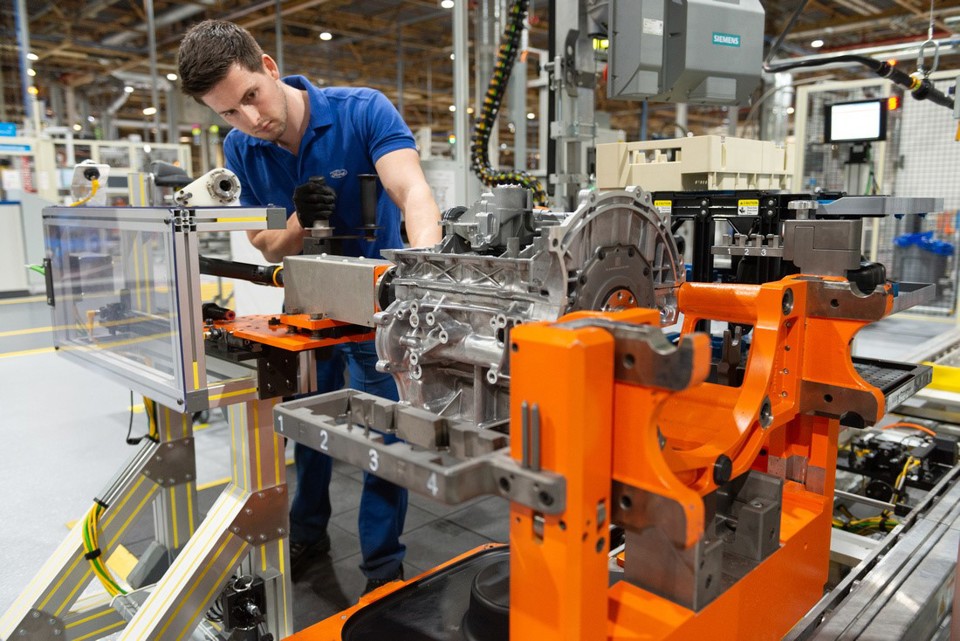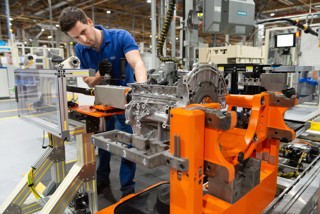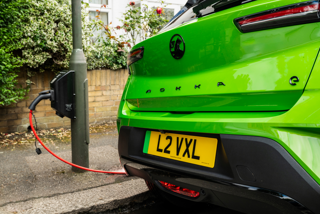Ford’s Bridgend engine manufacturing plant will close in 2020 with the loss of 1,700 jobs, according to union officials.
The carmaker cited "under utilisation" and cost disadvantage compared with other sites in its reasoning for the decision in an official statment announcing the start of consultation with its unions concerning the potential closure of the plant.
The GMB union said that closure of the facility would be a "disaster" for the South Wales region.
Ford said that the proposed action was a necessary step to "support Ford’s global business redesign and is part of the company’s strategy to create a more efficient and focused business in Europe".
Stuart Rowley, president, Ford of Europe, said: “Creating a strong and sustainable Ford business in Europe requires us to make some difficult decisions, including the need to scale our global engine manufacturing footprint to best serve our future vehicle portfolio.
“We are committed to the UK; however, changing customer demand and cost disadvantages, plus an absence of additional engine models for Bridgend going forward make the plant economically unsustainable in the years ahead.”
Talks over the future of the plant come just months after Ford said it was cutting its Welsh workforce by 1,000, with 370 going in a first phase.
The BBC reported that Ford’s investment in the new Dragon engine was scaled back, while production of an engine for Jaguar Land Rover is due to end this year – resulting in concern about the plant’s viability as it was set to produce just 125,000 petrol engines a year.
GMB regional organiser Jeff Beck said: "It will mean disaster for both our members in Bridgend and the community at large."
Richard Gane, director and automotive sector specialist at management consultancy, Vendigital, said: “This is dire news for the UK automotive industry and will have a knock-on effect across the domestic supply chain. Despite the heavy job losses at the Bridgend engine plant, some jobs have recently been displaced to the Midlands, due to Jaguar Land Rover commencing production of its Ingenium engine family at Wolverhampton.
“To what degree the decision to close the Bridgend plant is down to Brexit is less certain, however. Demand for diesel-engine cars has fallen away significantly across Europe and sales of plug-in EVs have only recently begun to pick up strongly – reaching record levels in March this year.
“For plants producing petrol or diesel engines, there is an urgent need to make adjustments by decreasing production capacity whilst investing in new areas of production such as electric engines, motors and batteries.
“Many global OEMs are struggling to re-balance their business models in a shifting climate and while sales of plug-in EVs are up, they still only represent just over 3% of total European new car sales – they are not yet a mainstream alternative to combustion-engine vehicles.”
Ford’s expected withdrawal from the Bridgend plant it opened in 1977 follows Honda’s February confirmation that its Swindon plant will close in 2021, with the loss of about 3,500 jobs.
Nissan is also set to move production of its forthcoming new X-trail SUV to Japan as Jaguar Land Rover (JLR) progresses its plan to cut 4,500 jobs, with the majority coming from its 40,000 strong UK workforce.
Ford said that it currently expects to record pre-tax special item charges of about $650 million in relation to the proposed closure of Bridgend.
Approximately $400 million of the charges would be paid in cash and are primarily attributable to separation and termination payments for employees.
Non-cash charges of approximately $250 million include pension expense and accelerated depreciation and amortization.
Most of the pre-tax special item charges would be recorded in 2019, with the cash outflows occurring in 2020, and are part of the $11 billion in EBIT charges with cash-related effects of $7 billion the company expects to take in the redesign of its global business.



















Login to comment
Comments
No comments have been made yet.